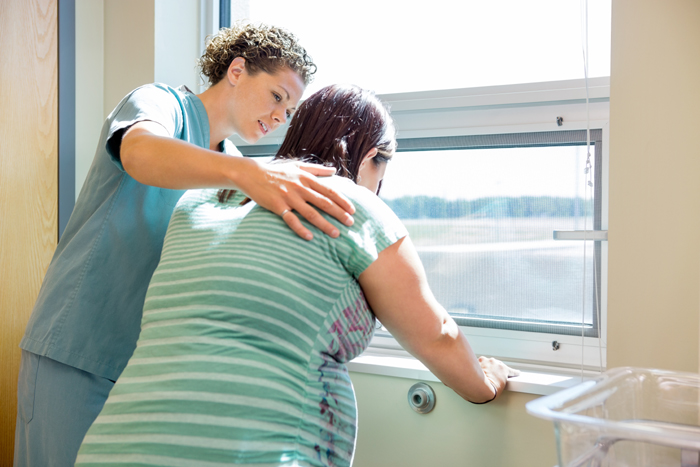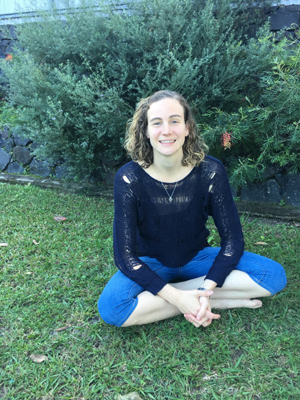Midwifery is believed to be the oldest profession, undoubtedly involved in birth since the beginning of human history. Human females drive to seek out assistance from supportive, knowledgeable “sisters” is a key characteristic that sets us apart from our mammalian relatives.

History of Midwifery
Looking back through time, the role of the midwife appeared consistent until the last 200 years. Previously there were knowledgeable women in the community/ tribe who cared for the pregnant women. They were called for when the women went in labour and cared for them in the early weeks and months of motherhood. Over time they passed on this knowledge to the next generation of women, primed to take on the midwifery role. These “wise women” often lacked a formal education, but were highly regarded within their community, they were known to the pregnant woman and her family, and gave a sense of comfort to the woman during this life transition. They offered a continuity of care, which allows for a relationship to be built, personalised care to be given and the woman to feel included and empowered during the process. In the present day extensive research has been conducted on continuity of midwifery care and time and again it has shown improved outcomes for the women and their babies receiving this type of care.
Modern Midwifery
Modern midwifery in Australia is often a stark contrast to that of our long past. Midwives are now considered highly trained health professionals, required to complete tertiary education before working in the profession. However, women’s care is now fragmented, accessing a lot of their antenatal care from general practitioners and obstetricians. If they do have midwifery care, they will often meet various midwives through out their pregnancy and meet multiple midwives on their way to birth suite and while they are giving birth. They then have a different midwife visit them at home after multiple midwives cared for them during their hospital stay.

What is a Doula?
During the 1960’s, the term Doula was coined to describe the "comforting presence of a friend during labour”. It was the response to women’s dissatisfaction with the state of birth care, their lack of control, lack of choice and feelings of lack of support and emotional care. Women were starting to stand up and take back their birth experiences after the medicalisation over the last 100 years. Since the emergence of Doula’s, there has been extensive research into how the support of a knowledgeable woman during labour can help reduce pain, improve maternal and neonatal outcomes, reduce the need for medical intervention, reduced the need for a caesarean section and improve the woman’s satisfaction with her labour and birth.
Doula’s provide
- Antenatal education classes to help women and their support people to prepare for their birth and postnatal period.
- Physical and emotional support during Labour and birth.
- Post birth debrief
- Home visiting in the postnatal period
- Placenta encapsulation (some)
- Breastfeeding support
Primal need for Continuity of care
The use of the Doula has been an effective tool to help fill the gap left by the modernisation of Midwifery. In the last 10 years efforts have been made throughout Australia to train midwives to provide continuity of care, embracing the philosophy of the “wise women” of our past. Using our exceptional modern education to help prevent and treat medical conditions while understanding that pregnancy in and of itself is not a medical condition, it’s a time of personal and spiritual growth for a family. A journey that is special and we are walking along side the woman. It is our role to offer support and education and allow the woman to make decisions that are right for her, her baby and her family.
Continuity of Care Midwife provides
- Antenatal care
- Blood tests and scans
- Referral pathways to other health care providers as needed
- Antenatal education
- Labour and birth care
- Postnatal care
- Breastfeeding support
- Home visiting
- Baby checks
No matter where you are birthing, how many times you have given birth, how you are giving birth or who your care provider is, the need to feel safe, secure, heard, empowered, trusting and an equal participant in your birth is a fundamental need that all women posses. So make sure you fill that need through continuity of care with a continuity midwife or a doula.
ABOUT OUR CONTRIBUTOR:
April is a passionate midwife and mum to 3 kids aged 5, 3 and 8 months. She had been a midwife for 5 years before becoming a mother herself and being on the other side inspired her to create MummaMidwife. Initially sharing blog posts for new mums talking about the truths of early motherhood, but is presently moving into a service based business supporting new mothers in the early days postpartum.
Find her at
website www.mummamidwife.com.au
facebook @mummamidwife
instagram @mummamidwife

